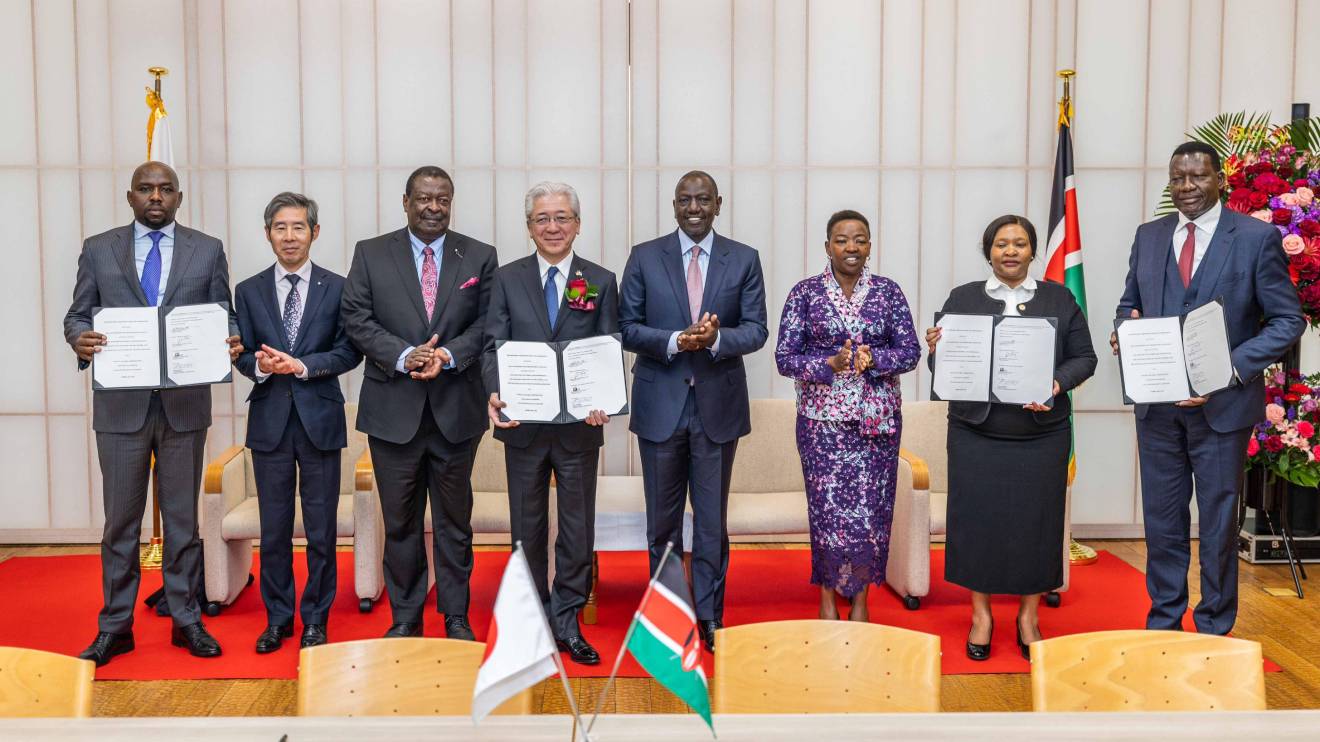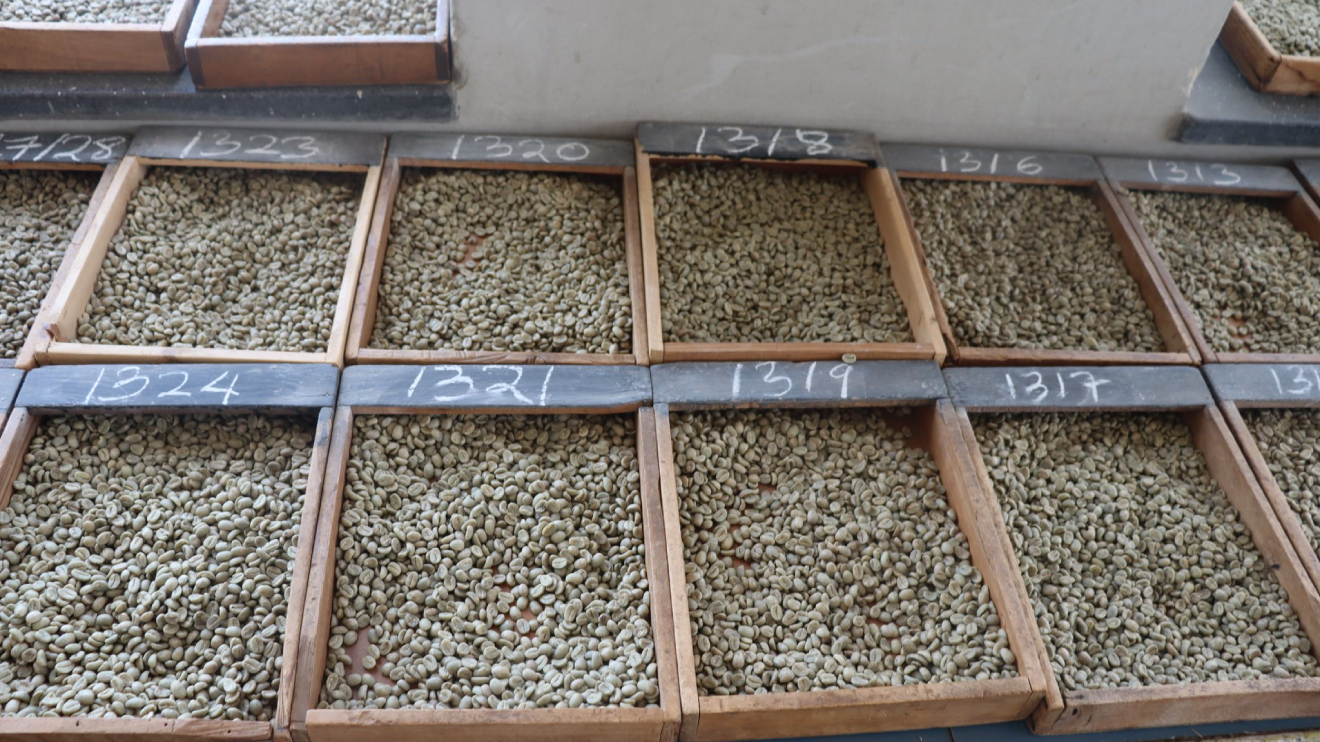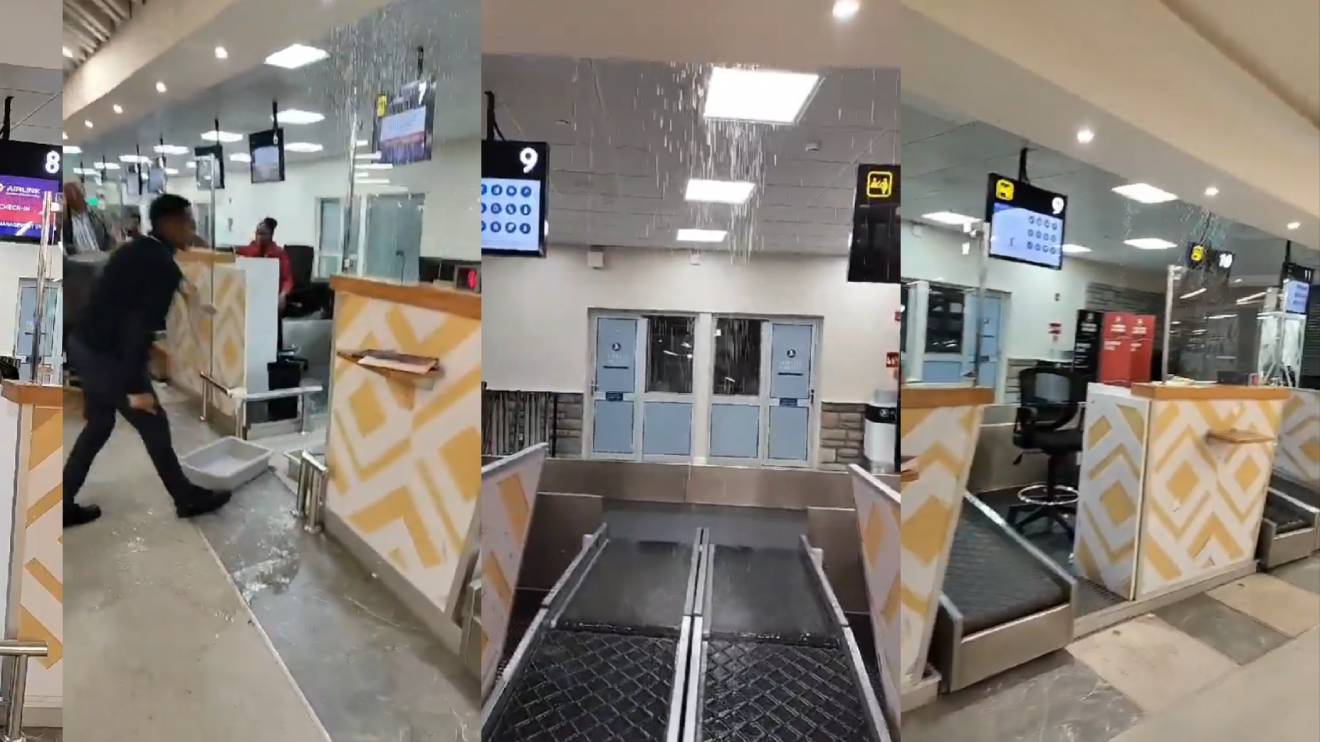Kenya and Japan have forged a promising partnership, unlocking nearly Sh99 billion ($620 million) in potential investments for green energy and automobile assembly.
The ambitious pact, signed with Japanese firms including giant Toyota Tsusho Corporation, marks a significant step towards Kenya's sustainable development and economic growth.
President William Ruto, celebrating the agreement on his social media platform, highlighted key projects: a Sh15 billion Meru Wind Farm, an Sh8 billion Isiolo Solar Energy initiative, and an Sh800 million initial investment in revitalizing the Thika Kenya Vehicle Manufacturers (KVM) plant.
The partnership also includes a Sh75 billion boost for the Menengai Geothermal Plant and the promotion of electric vehicles.
"In Tokyo, Japan, witnessed the signing of the Framework Agreement for Collaboration between Kenya and Toyota Tsusho Corporation and later toured the Toyota Motamachi Factory," the president stated.
Read More
"The pact entails Sh15 billion Meru Wind Farm Energy, Sh8 billion Isiolo Solar Energy, Sh800 million Thika Kenya Vehicle Manufacturers (KVM)’s initial investment, Sh75 billion Menengai Geothermal Plant and Electrified Vehicles promotion."
But the ambitions go beyond immediate projects. Ruto hinted at even bigger aspirations, revealing ongoing discussions with Toyota about establishing a full-fledged vehicle manufacturing plant in Kenya.
This move, he emphasized, would address the high reliance on imported used vehicles, create jobs, and leverage the growing demand for Toyota products.
"The manufacturing project would reduce the number of used vehicles we continue to import and create jobs for our skilled manpower. I am glad that Toyota Tsusho Corporation finds the project viable," wrote Ruto, emphasizing the government's commitment to offering attractive incentives to multinational automotive manufacturers.
The Meru Wind Farm project envisions a massive 400-megawatt facility spanning over 18,700 acres in Tigania East Sub-County.
The Isiolo Solar Energy program, initially supported by the World Bank, aims to bring clean energy access to over 5,000 households.
The KVM deal, originally struck during the G7 Trade Ministers' Session in Osaka last year, is poised to breathe new life into the struggling local assembly plant.
This Kenya-Japan collaboration signifies a shared vision for a sustainable future, one powered by clean energy and fueled by a thriving automotive industry.
With ambitious goals and concrete projects underway, the partnership promises to be a game-changer for Kenya, creating jobs, boosting the economy, and paving the way for a greener tomorrow.









-1714232911.jpeg)

